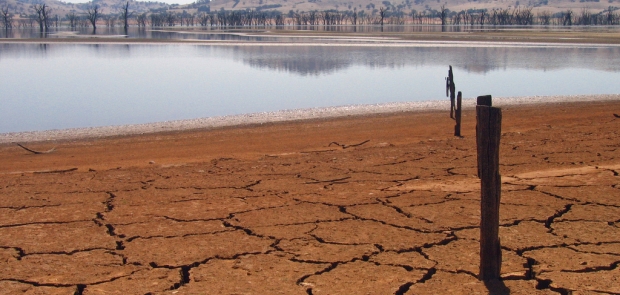Cooperative Agreement for affiliated Partner with the Gulf Coast Cooperative Ecosystem Studies Unit (CESU)
The USGS is offering a funding opportunity to a CESU partner for state-of-the-art research on husbandry protocol development for mesophotic soft coral holding.
The research will examine for a wide variety of understudied soft coral species, their trophic ecology, reproductive output, juvenile settlement and growth rates, and holobiont microbial communities.
These soft corals represent the same species that were impacted by the Deepwater Horizon (DWH) oil spill.
The USGS Wetland and Aquatic Research Center (WARC, Gainesville, FL) is seeking research and technical assistance relevant to:
"DWH Gulf of America Mesophotic and Deep Benthic Community Restoration:
husbandry protocol development in support of the Coral Propagation Technique Development Project".
The USGS conducts ecological studies to support restoration plans for the Gulf of America, in conjunction and coordination with National Oceanic and Atmospheric Administration (NOAA), as well as other state and federal partners.
Studies conducted by USGS scientists, and their research partners improves understanding of Gulf benthic communities, continued environmental change, and responses to restoration actions in the Gulf.
USGS"s scientific focus provides valuable information, which is used to guide informed decisions during planning, restoration, and adaptive management throughout the duration of long-term restoration projects.
The USGS is offering a cooperative-agreement opportunity to CESU partners with the capacity to develop, modify, and enhance husbandry techniques to promote coral holding and juvenile rearing, with scientific expertise in conducting and analyzing data from experiments with live organisms, with the final goal of identifying the best practices for ex-situ soft coral propagation.
It is anticipated that there will be one sampling year, followed by one or two years of analysis and synthesis.
The research will examine for a wide variety of understudied soft coral species, their trophic ecology, reproductive output, juvenile settlement and growth rates, and holobiont microbial communities.
These soft corals represent the same species that were impacted by the Deepwater Horizon (DWH) oil spill.
The USGS Wetland and Aquatic Research Center (WARC, Gainesville, FL) is seeking research and technical assistance relevant to:
"DWH Gulf of America Mesophotic and Deep Benthic Community Restoration:
husbandry protocol development in support of the Coral Propagation Technique Development Project".
The USGS conducts ecological studies to support restoration plans for the Gulf of America, in conjunction and coordination with National Oceanic and Atmospheric Administration (NOAA), as well as other state and federal partners.
Studies conducted by USGS scientists, and their research partners improves understanding of Gulf benthic communities, continued environmental change, and responses to restoration actions in the Gulf.
USGS"s scientific focus provides valuable information, which is used to guide informed decisions during planning, restoration, and adaptive management throughout the duration of long-term restoration projects.
The USGS is offering a cooperative-agreement opportunity to CESU partners with the capacity to develop, modify, and enhance husbandry techniques to promote coral holding and juvenile rearing, with scientific expertise in conducting and analyzing data from experiments with live organisms, with the final goal of identifying the best practices for ex-situ soft coral propagation.
It is anticipated that there will be one sampling year, followed by one or two years of analysis and synthesis.
Relevant Nonprofit Program Categories
Obtain Full Opportunity Text:
http://www.grants.gov
Additional Information of Eligibility:
This financial assistance opportunity is being issued under a Cooperative Ecosystem Studies Unit (CESU) Program.
CESU"s are partnerships that provide research, technical assistance, and education.
Eligible recipients must be a participating partner of the Gulf Coast Cooperative Ecosystem Studies Unit (CESU) Program.
Full Opportunity Web Address:
http://www.grants.gov
Contact:
Agency Email Description:
sbredesen@usgs.gov
Agency Email:
Date Posted:
2025-06-24
Application Due Date:
Archive Date:
2013-06-09
Social Entrepreneurship
Spotlight
When it Comes to Social Enterprises, Failure is the Best Platform for Innovation

In the world of social enterprises, failure is a cringe-worthy moment nobody wants to talk about. But, social entrepreneurs can benefit from their failures.

